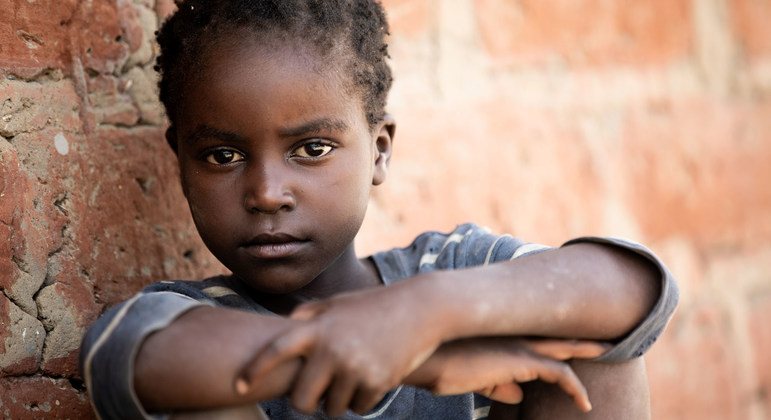UNAIDS reports that children are “dying needlessly” from AIDS-related illnesses, even though simple and cheap treatments could save their lives.
“To see so many tools available, so many new HIV infections among children that have been prevented, so many children living with HIV doing well, but to see others missed and still left behind is a tragedy”, said Winnie Byanyima, UNAIDS Executive Director.
“We cannot accept that tens of thousands of children still become infected with HIV and die from AIDS-related illnesses every year.”
Start Free, Stay Free
UNAIDS has issued the latest report on progress towards the Start Free, Stay Free, AIDS Free targets.
The UN agency and the United States President’s Emergency Plan for AIDS Relief (PEPFAR) launched the framework in 2016.
It is built around three concepts: that babies have the right to be born HIV-free; that children, adolescents and young women have the right to stay free from HIV through prevention; and that those children and young people who acquire the virus have the right to be diagnosed, treated and cared for so that they can remain AIDS-free.
In line with these targets, countries had agreed to reduce new HIV infections among children 14 and under, to less than 40,000 by 2018, and 20,000 this year.
Thousands newly infected
However, data shows an estimated 150,000 children were newly infected in 2019. While the figure represents a 52 per cent reduction since 2010, it is still four times the 2018 target.
Although 85 per cent of pregnant women living with HIV received antiretroviral treatment (ARVs) in 2019, the study shows unequal access to services means children are still becoming infected.
Countries also called for providing ARVs to 1.4 million children living with HIV by 2020. Last year, only 950,000 were reached.
Targets can still be achieved
“The lack of optimal HIV medicines with suitable paediatric formulations has been a longstanding barrier to improving health outcomes for children living with HIV, contributing towards low treatment coverage”, said Tedros Adhanom Ghebreyesus, head of the World Health Organization (WHO).
“Access to services for vulnerable groups must be expanded through stronger community engagement, improved service delivery and tackling stigma and discrimination.”
Despite the grim news, UNAIDS said the world can still commit to achieving the Star Free, Stay Free. AIDS Free targets.
“We can do better. We must do better”, added Ms Byanyima. “We know how to save lives and stop new HIV infections among children. I demand that we spare no effort. Anything less is shameful.”



